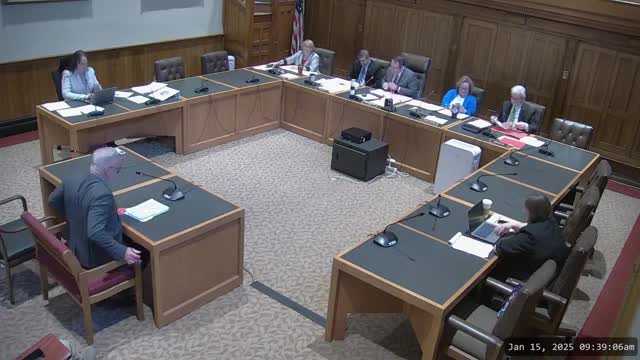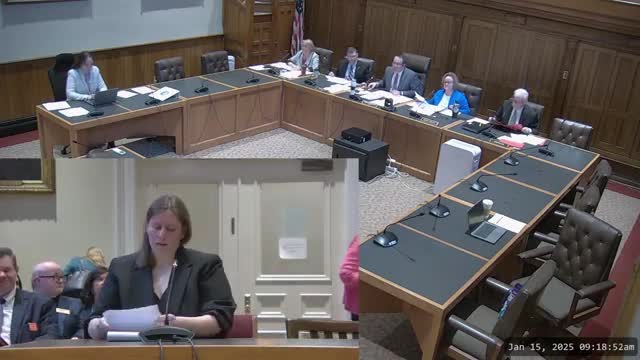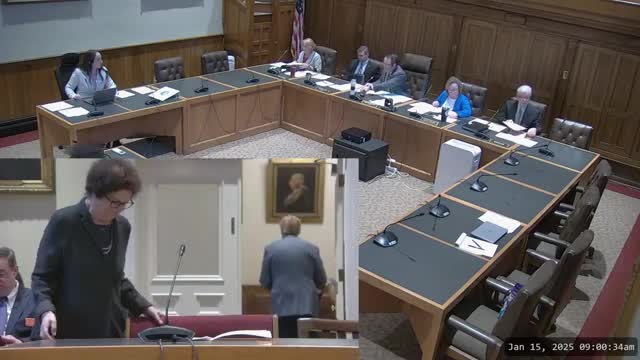Article not found
This article is no longer available. But don't worry—we've gathered other articles that discuss the same topic.

Heated hearing on copay accumulators leaves bill undecided as stakeholders clash over patient access and premiums

Committee backs bill requiring residential care facilities to adopt quality oversight, post investigation and life‑safety results

